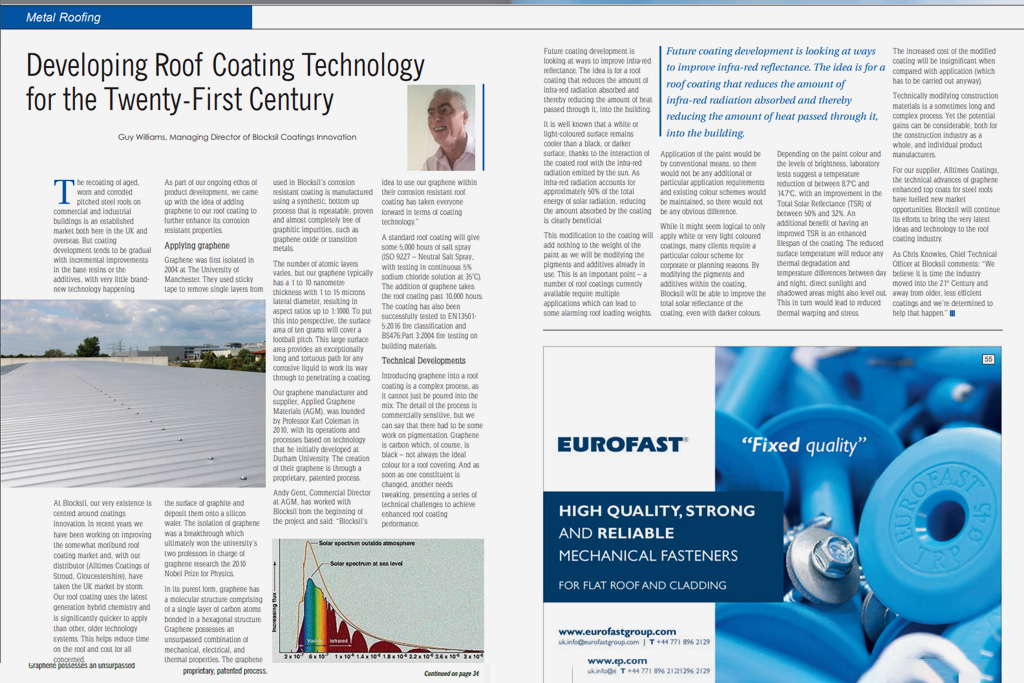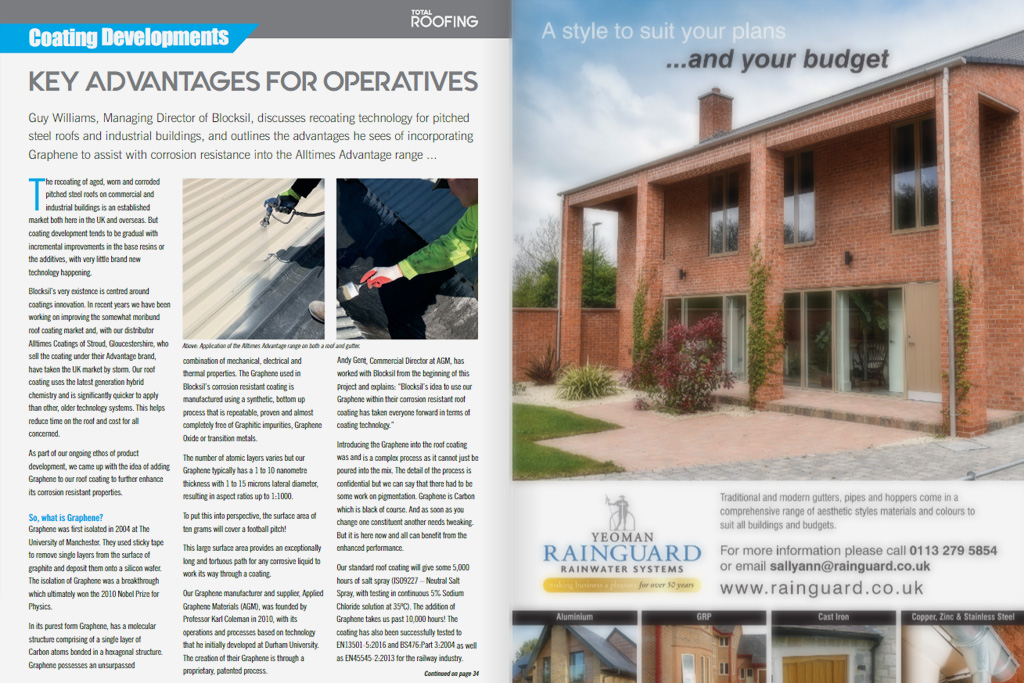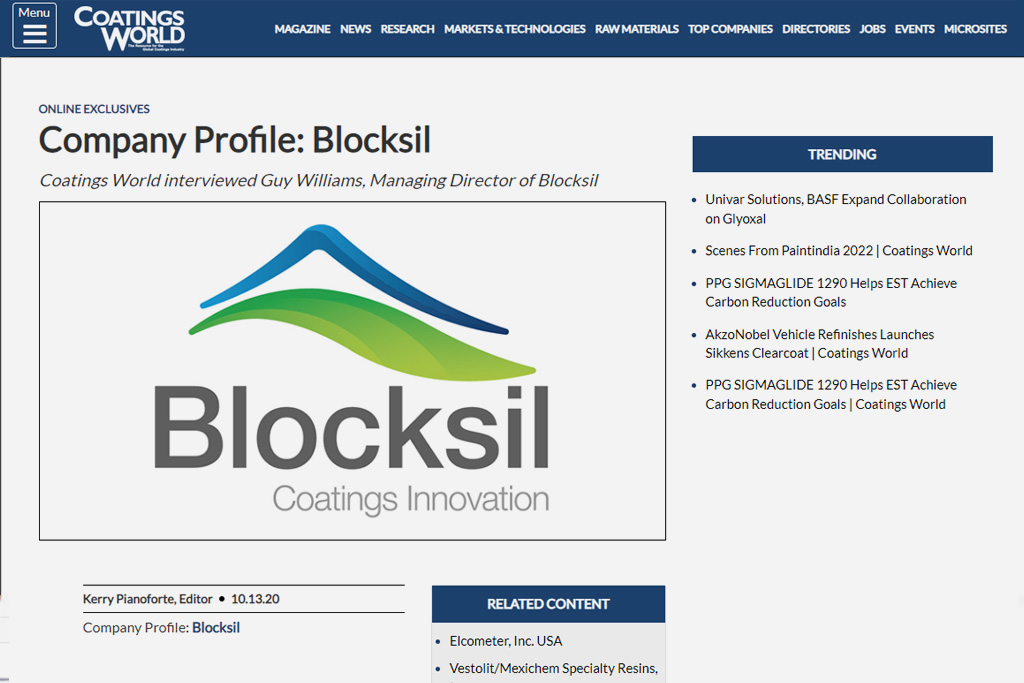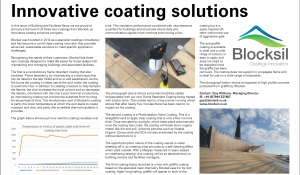In many chemical and petrochemical plants there are hot process pipelines, with heat coming from the product being transferred through the pipeline. The pipeline will be made from a steel for strength and rigidity, probably a carbon steel to keep costs down. And clearly the process plant will want the temperature to remain stable along the length of the pipeline, so insulation is used.
The most common insulation is traditional lagging with fibrous, mineral strands or porous foam contained within a fabric wraparound jacket. For larger pipelines the jacket may be Aluminium or even galvanised steel. Such lagging works until it gets wet. But how does it get wet when the insulation material is protected by the jacket?
Firstly the jacket won’t be completely waterproof, so there will be some water ingress. Secondly, the traditional insulation needs the semi-trapped air within it to perform. And air contains moisture, so the hot pipeline results in condensation within the lagging. And because there is a desire to make the jacket around the lagging as waterproof as possible, the condensate will have trouble escaping.
So why not have drain holes along the full length of the lagged process pipeline? Because water that comes out can find it’s way back in through capillary action. And the whole idea of lagging is to get as closed a system as possible, not to have holes in it.
So now we have a hot steel pipeline sitting in water and lagging that is now underperforming. Which in turn means we have corrosion and heat loss.
The corrosion means there is a risk of the pipeline failing, potentially without notice. This would obviously be a process problem, but even more importantly it could be a serious safety concern if the hot contents escaped.
Besides this potential pipeline failure, the underperforming lagging could result in the external surface of the jacket heating up to the point where it becomes a safety hazard in its own right. ASTM C1055 – 03(2014), Standard Guide for Heated System Surface Conditions that Produce Contact Burn Injuries suggests that whilst it cannot stipulate contact conditions for every eventuality, in an industrial setting five seconds contact is the maximum before sustaining irreversible damage.
It is also known that with metallic surfaces at a temperature greater than 70oC, damage to humans occurs almost instantaneously upon contact.
Enter Blocksil’s Therma-Light® coating. This is a sprayable impermeable insulation coating that has exceptional performance characteristics and it will adhere permanently to steel. Because the coating is bonded directly to the steel pipeline and is “solid”, there is no opportunity for water ingress, either from external sources or condensation. Therefore there is no corrosion.
Besides these two immense benefits, Therma-Light is available in different colours, so pipeline identification can be maintained.
Another benefit to Therma-Light users is that the thermal insulation properties work both ways. Therefore a cold pipeline coated externally in Therma-Light will help keep the cold in.














